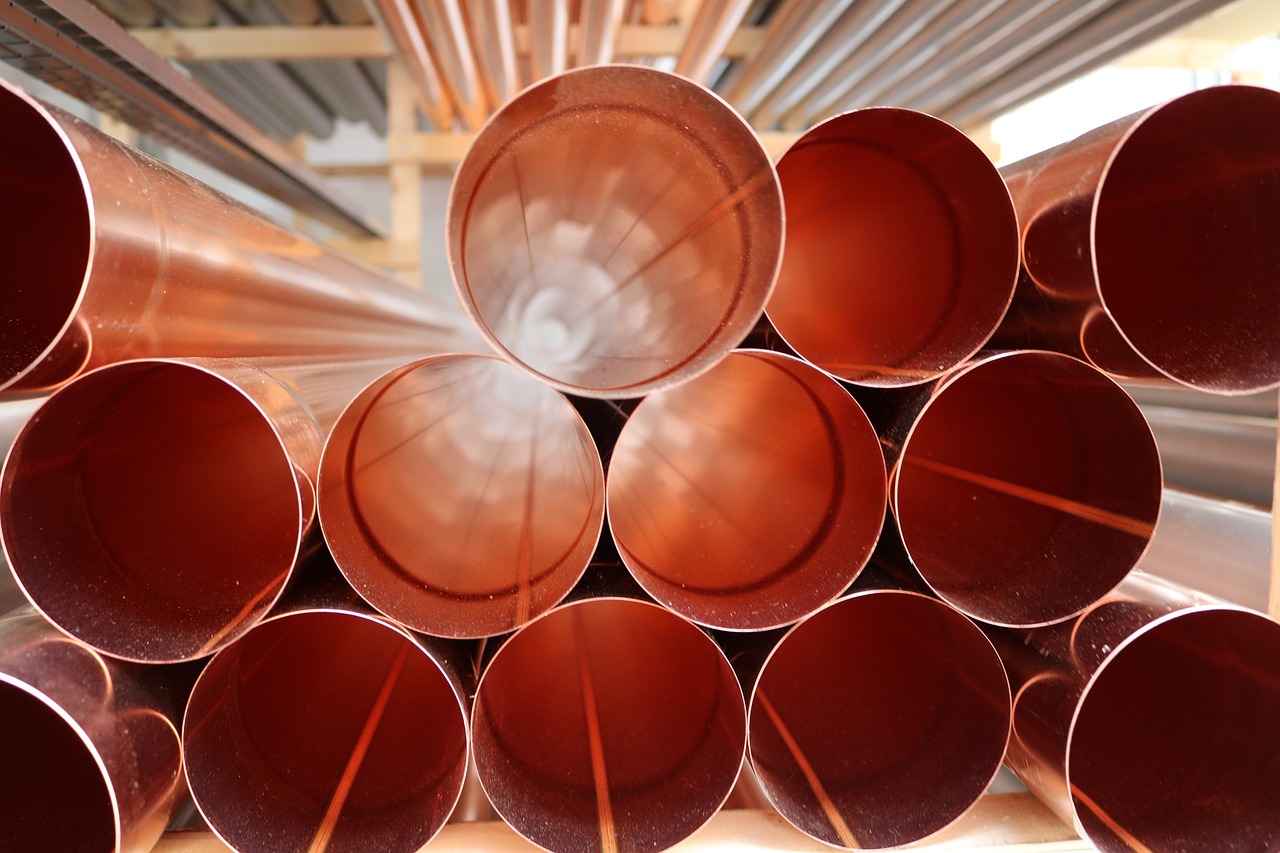
The mining giant BHP Group Ltd. (BHP) has a big problem. Here is how the Financial Times described it:
“At Escondida, the world’s largest copper mine, BHP has some problems: ore grades are declining, the rock is getting harder and a $5 billion concentrator needs to be replaced. The company will also have to spend as much as $10 billion to upgrade the facilities over the next seven years…
"The challenges in Chile and a global race for a metal crucial for the energy transition have analysts questioning whether BHP will revive its bid for Anglo American, six months after its initial £39 billion ($49 billion) takeover attempt failed."
BHP Wants Copper Badly
This means that takeover speculation about BHP acquiring Anglo American PLC (NGLOY) is back. BHP is free to relaunch a bid to acquire Anglo American, as the six-month standstill mandated by the U.K.'s takeover rules following the withdrawal of a previous offer has expired.
Copper (HGH25) remains a compelling factor for the company, especially as it projects a global copper deficit of 10 million metric tons within a decade.
BHP has already committed many billions of dollars to copper-focused projects, including replacing the aforementioned $5 billion concentrator at the Escondida mine in Chile. Last year, the company bought the Australian copper miner Oz Minerals for $6.4 billion.
In July 2024, BHP announced a $3.25 billion deal with Canada-listed Lundin Mining (LUNMF) to jointly take over Filo Corp (FLMMF) in a move to grow their copper holdings in South America. Filo owns 100% of the Filo del Sol (FDS) copper project.
BHP and Lundin also agreed to form a 50/50 joint venture to hold the FDS and Josemaria projects, located in the Vicuña district of Argentina and Chile. Lundin Mining owns 100% of the Josemaria project.
The joint venture will create a long-term partnership between BHP and Lundin Mining to jointly develop an emerging copper district with world-class potential. BHP’s total cash payment for the proposed transaction is expected to be approximately $2.1 billion.
This amount raised some eyebrows on Wall Street, but I think it only reflects the strong long-term demand for copper.
BHP and Anglo Again?
Meanwhile, Anglo American (founded in 1917 in South Africa) has taken strategic actions in response to BHP’s earlier interest.
The company raised $530 million by selling a 6.6% stake in Anglo American Platinum (ANGPY) as part of a wider restructuring program. In addition, on Nov. 25, the company secured a $3.8 billion deal with Peabody Energy (BTU) for its remaining Australian coal mines.
These deals only make the company - and its very attractive copper portfolio - more of a tempting target for BHP. The demand for copper and the expense of building new mines mean BHP will probably make another bid for Anglo.
BHP expects demand for copper to increase 70% by 2050, compared to 2021. It also forecasts the price to reach $4.50 per pound, from $4.10 per pound.
I think BHP will keep its powder dry until it sees how Anglo management executes their asset disposal program. Still on the block to sell are more shares of Anglo American Platinum, Kumba Iron Ore, and the DeBeers diamond business. The disposal of Kumba was the major sticking point in BHP’s first offer.
But waiting could be risky for BHP. It may have to contend with rivals for Anglo’s streamlined business, or be forced to pay a higher premium as Anglo’s stock gets re-rated higher because of the streamlining.
It is highly likely that, once the company’s management cleans up its complex corporate structure, Anglo will become an easy target for mining giants like BHP.
Buy BHP Stock
Since BHP’s first offer in April, Anglo’s share price has risen 18%, while BHP’s has declined 11%, making an all-share deal potentially more expensive under the original proposal.
As the cost of maintaining production at Escondida and similar mines rises, it becomes more attractive for mining companies like BHP to invest capital into buying copper assets, rather than expanding existing ones.
This reality of the capital intensity of copper projects will translate to the “buy versus build” still favoring “buy.” The odds are decent that BHP finally gets its hands on Anglo’s copper assets.
Even if BHP isn’t successful, the company’s balance sheet is solid, with much of its revenue coming from assets in the relative safe haven of Australia. Its forecast dividend yield of about 5.6% is attractive, too. Finally, BHP’s current price/earnings (p/e) ratio is below the peer group average, signaling value to me.
Buy BHP stock below $55.








